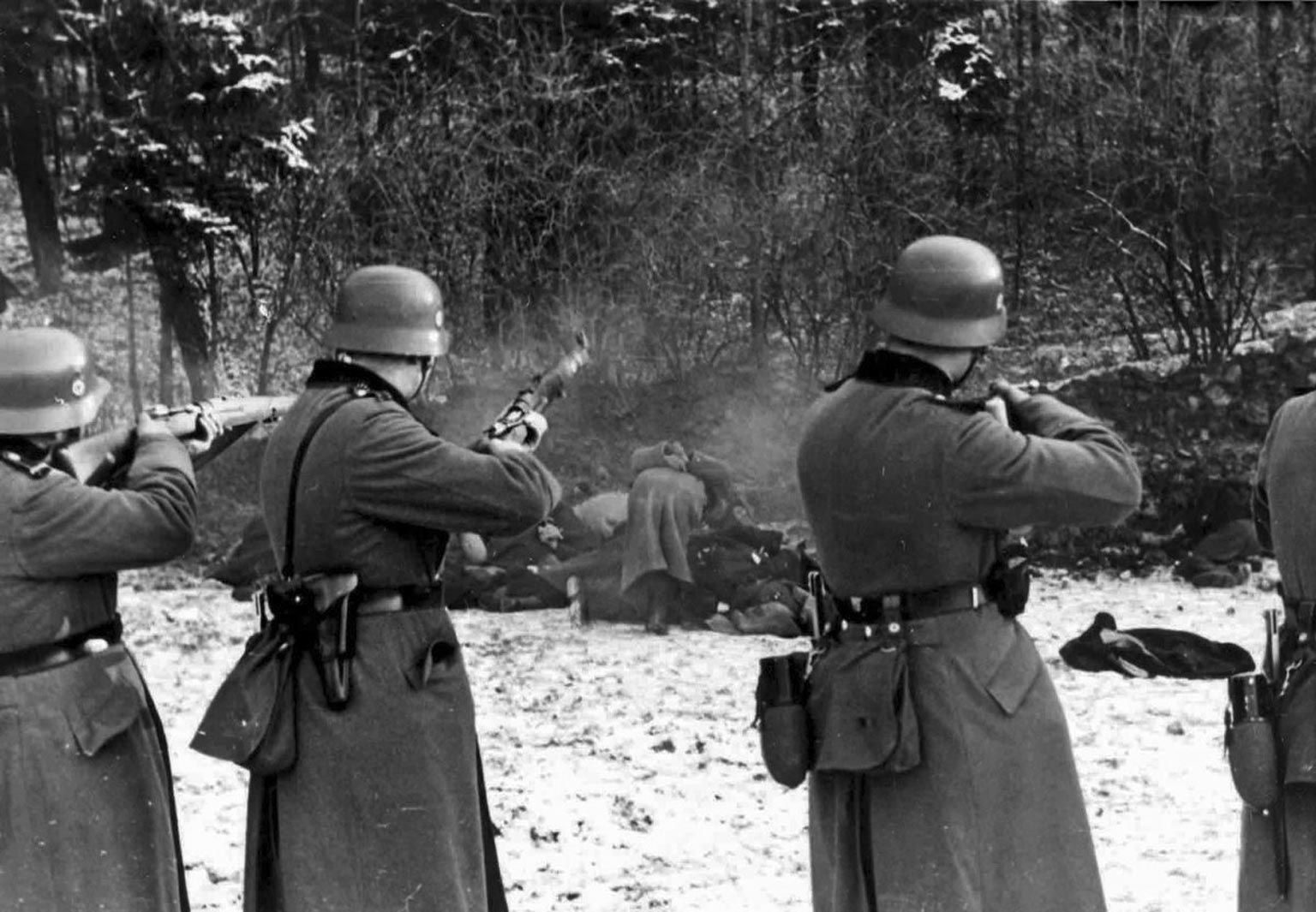For a long time, historians, journalists and politicians have been engaged in a propagandist debate about who is responsible for instigating the Second World War and the mass crimes committed during it, including genocide.
In the first few years after the war, this debate didn’t matter much because everyone knew who the perpetrators and victims were. Over time, however, this became important because, through various means, there was a kind of exoneration of Germans from guilt and the focus shifted towards the “Nazis.”
Although both were guilty in these events, the category of “Nazis” was expanded over time, with this stigma attributed to communities other than the Germans.
In documents from the era, that is, from wartime and occupation, the term “Nazis” hardly appears at all. It is not used in documents of the Polish underground, in underground press, in orders, calls to action, or leaflets. Everywhere, the Germans are mentioned as the perpetrators and murderers; sometimes more bluntly referred to as Krauts, Germans, Teutons, etc. There are no “Nazis,” and certainly no explanation as to how this should be understood.
The Nazi Party, known as the National Socialist German Workers’ Party (NSDAP), was monstrously expanded in the Third Reich. By the end of its existence, it had 8.5 million members. The party was completely militarized, hierarchical, and uniformed, and its members had specific ranks. However, relative to the number of citizens of the Third Reich (about 70 million), this was obviously a minority.
Today, Germany acknowledges that about 200,000 of their own people, that is those who participated in the extermination of Jews, were “criminal Nazis,” members of Third Reich services, branches of the military, and members of the NSDAP.
At the same time, for propaganda purposes, they estimate that about 200,000 assistants supported them, including Ukrainians, Latvians, and of course… Poles! Thus, the guilt is more or less evenly distributed. We must remember that not every German was a Nazi (a member of the NSDAP), but every Nazi was a German because the party did not admit people of other nationalities.
The blurring of the “Nazi” category and the unjustified attribution of this term to other nations is making the guilt of the Germans increasingly smaller.
Finally, we have hit a wall: The Germans were the first victims of Nazism!
This is what the reversal of roles between the executioner and the victim looks like. As long as we can still call evil by its name, let us not use the enigmatic term “Nazis” for perpetrators not only of the Holocaust but also of Germany’s genocide in general.





